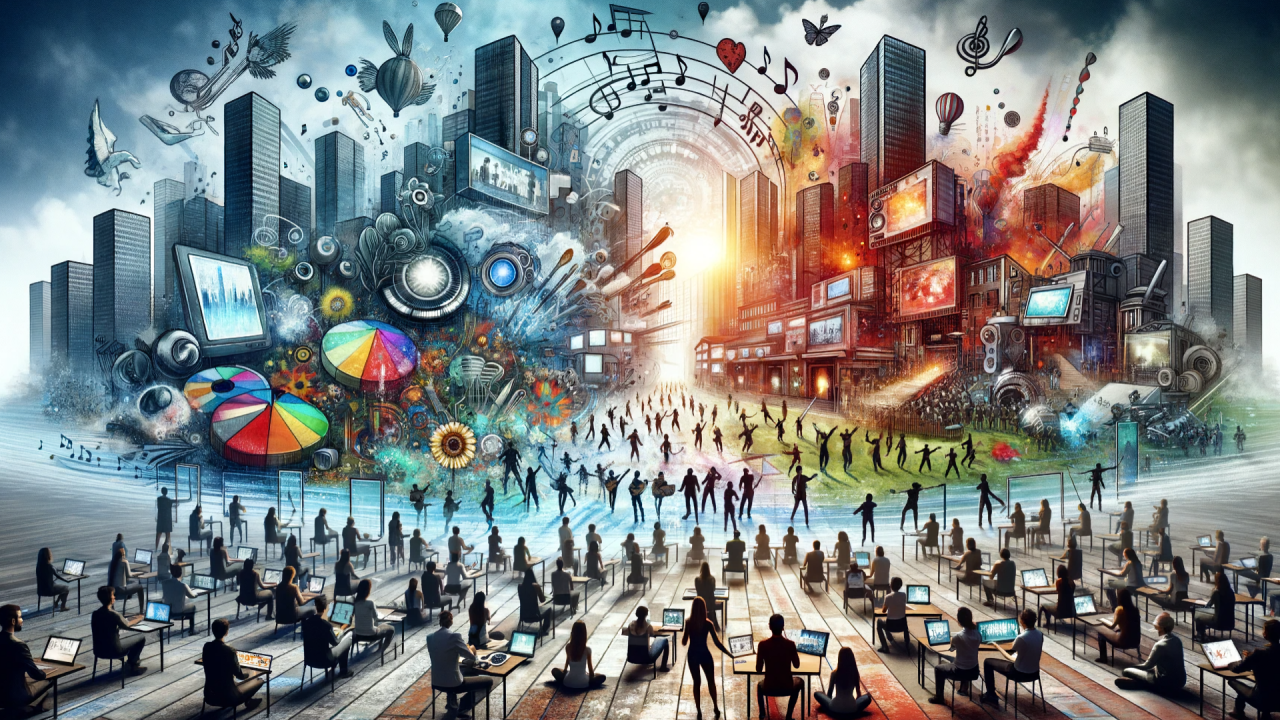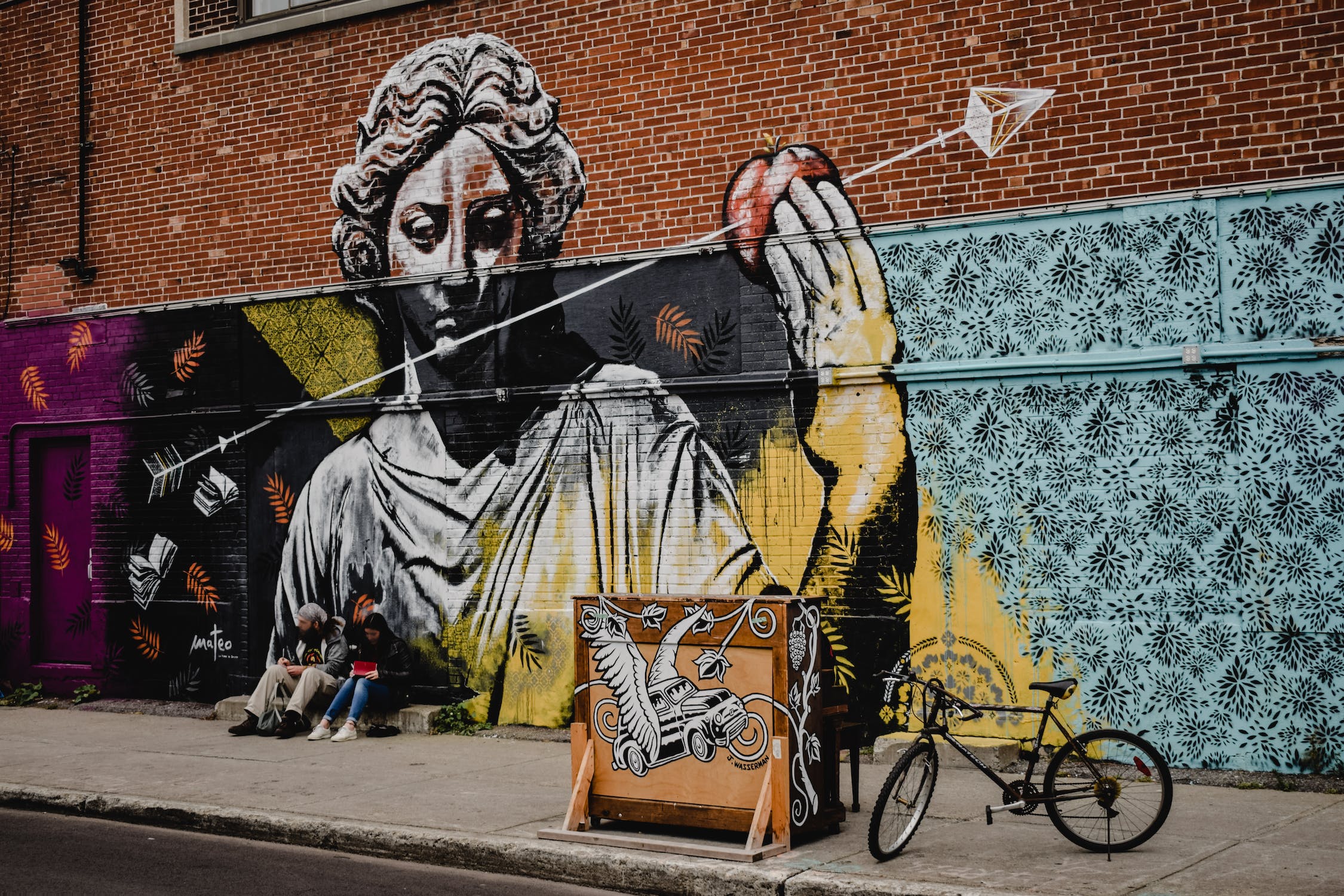Music and Activism: Artists Driving Social Change
Explore how musicians and artists have used their platform to inspire social change, raise awareness, and mobilize communities through powerful music and activism
Aeron Vale
October 08, 2025 • 4 min read

Overview
Music and Activism: Artists Driving Social Change
Music has long been a powerful medium for expression and communication. It not only entertains but also enlightens, mobilizes, and inspires people toward social change. Throughout history, artists have leveraged their platforms to raise awareness of pressing social issues ranging from civil rights to environmental concerns. In this blog post, we explore how musicians have become harbingers of activism and the profound impact their work has on society.
Music and Activism: Artists Driving Social Change
Music has long been a powerful medium for expression and communication. It not only entertains but also enlightens, mobilizes, and inspires people toward social change. Throughout history, artists have leveraged their platforms to raise awareness of pressing social issues ranging from civil rights to environmental concerns. In this blog post, we explore how musicians have become harbingers of activism and the profound impact their work has on society.
The Historical Roots of Music and Activism
From the folk songs of the Civil Rights Movement to the protest anthems of today, music has served as a rallying cry for justice. Artists like Bob Dylan, Joan Baez, and Nina Simone used their music to voice the struggles and aspirations of marginalized communities during turbulent times in the 1960s. Songs such as "Blowin’ in the Wind" and "Mississippi Goddam" became anthems for change, intertwining melody with poignant social commentary.
Today, the act of using music for activism is more than a trend; it’s a movement that spans genres and generations. Artists like Beyoncé, Kendrick Lamar, and Billie Eilish have embraced their influence to address issues such as racial inequality, mental health awareness, and climate change. These modern musicians recognize that their songs can transcend entertainment and touch the very core of societal issues, whether it's through stirring lyrics or conscious beats.
Modern Musicians as Agents of Social Change
In recent years, the music industry has witnessed a surge in artists actively advocating for social justice. This shift reflects a broader societal acknowledgment that music can serve as a formidable tool for change.
Take for example, the global phenomenon of Beyoncé. Her 2016 visual album "Lemonade" is a compelling exploration of race, feminism, and personal identity. Infusing her artistry with political statements, she has empowered a generation to embrace their roots and fight against systemic injustice. The song “Formation” not only celebrates Black culture but also serves as a clarion call for activism, encouraging listeners to “get in formation” and join the fight for equality.
Similarly, Kendrick Lamar's groundbreaking album "To Pimp a Butterfly" tackles themes of race, identity, and resilience. Tracks like "Alright" became an anthem for the Black Lives Matter movement, resonating with those affected by police brutality and racial discrimination. Lamar’s ability to weave personal narratives with broader societal issues exemplifies how modern musicians can effectively utilize their art to spark conversation and drive change.
Moreover, the climate crisis has seen artists like Billie Eilish take a stand. Actively promoting environmental awareness through her music and social media channels, Eilish uses her platform to endorse sustainable practices and encourage fans to participate in climate activism. Her song "All the Good Girls Go to Hell" not only highlights the urgency of climate change but also urges listeners to consider the consequences of human actions on the planet.
Engaging Audiences Beyond Music
What sets activist musicians apart is their ability to engage audiences beyond their music. Many artists use their influence to educate their fans about various social issues through charitable initiatives, social media campaigns, and live performances. For instance, during concerts, artists often invite representatives of organizations dedicated to social causes to speak, thereby amplifying their messages.
Social media platforms are key players in this dynamic. Artists like Hozier use their large followings to raise awareness about various causes, sharing stories and resources to empower their fans. The immediacy of social media allows artists to quickly respond to societal happenings, fostering a community of informed supporters ready to take action.
Moreover, collaborations between musicians and non-profit organizations further illustrate the power of music as a catalyst for change. Initiatives like "Band Together," featuring various artists, have successfully raised funds and awareness for disaster relief, showing how the creative community can unite for a greater purpose.
Conclusion
Music and activism are inextricably linked, and artists continue to play a crucial role in driving social change. Through their creativity and passion, musicians shine a light on critical societal issues, inspire others to take a stand, and unite communities in pursuit of justice and equality. As the world grapples with mounting challenges, it is vital to recognize and support the efforts of those artists who harness the power of music to enact change. In doing so, we celebrate not just their artistry but their unwavering commitment to making the world a better place. So the next time you hear a socially conscious song, remember: it’s not just music—it’s a movement.
Comments
0 TotalNo comments yet. Start the conversation.
Explore More Deep Dives

Deep Dives
Exploring the Impact of Generative AI on Business
DEEP DIVE Exploring the Impact of Generative AI on Business As generative AI technologies evolve, their transformative potential f...
Read deep dive
Deep Dives
How Artificial Intelligence Will Affect the Jobs of the Future
Artificial Intelligence is rapidly transforming the workforce, reshaping job roles, creating new opportunities,
Read deep dive
Deep Dives
Street Art and Muralism as Tools for Social Transformation
Discover how street art and muralism serve as powerful tools for social transformation by fostering community engagement, challeng...
Read deep dive